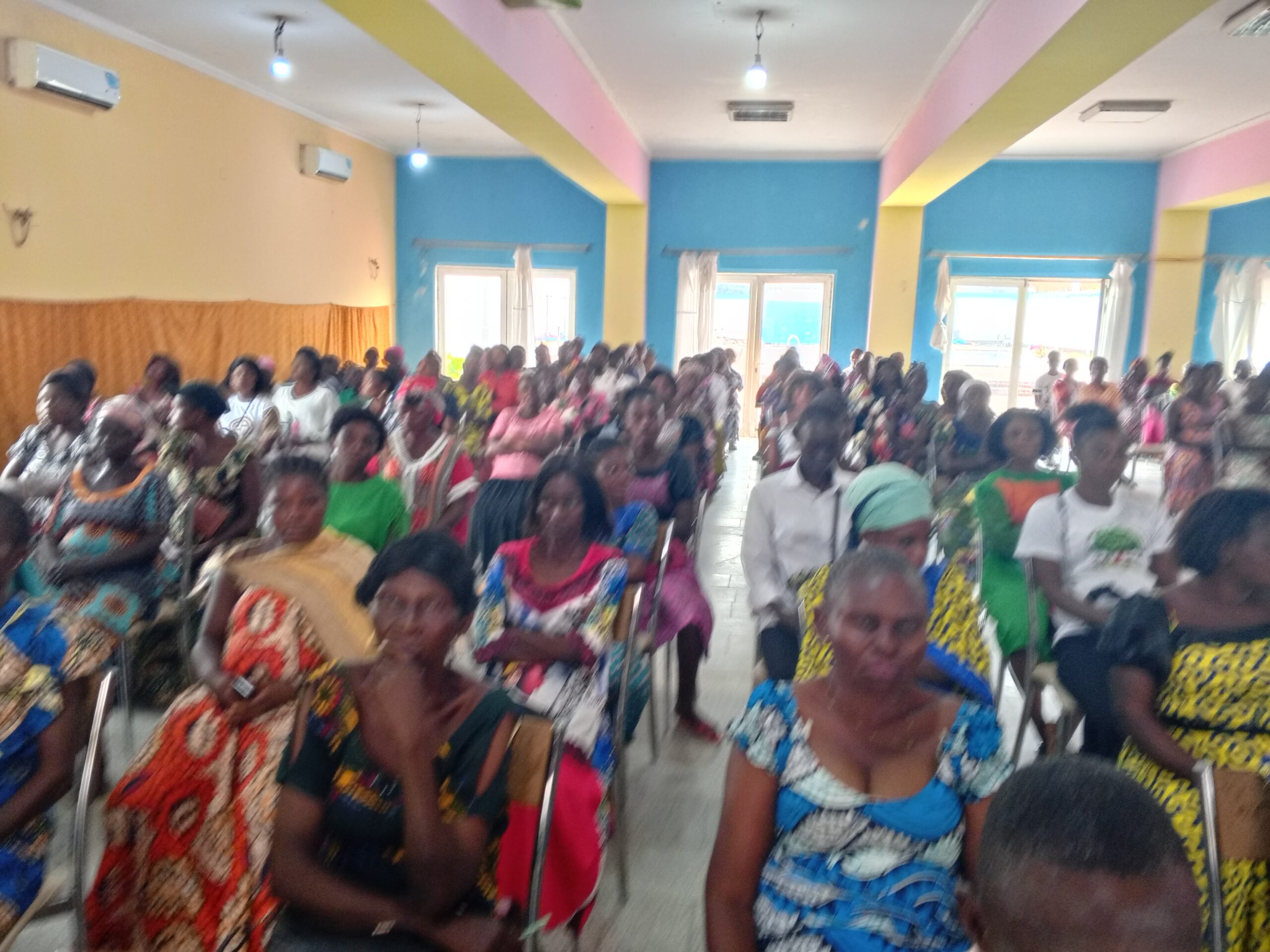By Badylon Kawanda Bakiman For more than three years, the peasants of Bandundu-ville, capital of the province of Kwilu and…
Lire plus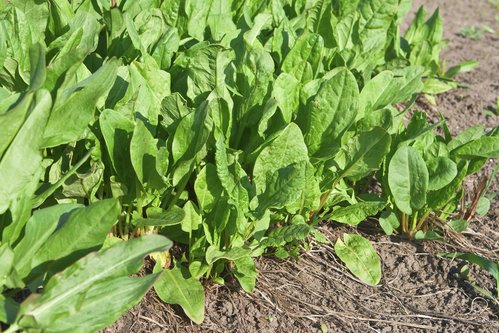

By Badylon Kawanda Bakiman For more than three years, the peasants of Bandundu-ville, capital of the province of Kwilu and…
Lire plus
Depuis plus de trois ans, les paysans de Bandundu-ville, chef-lieu de la province du Kwilu et ceux des alentours, dans…
Lire plus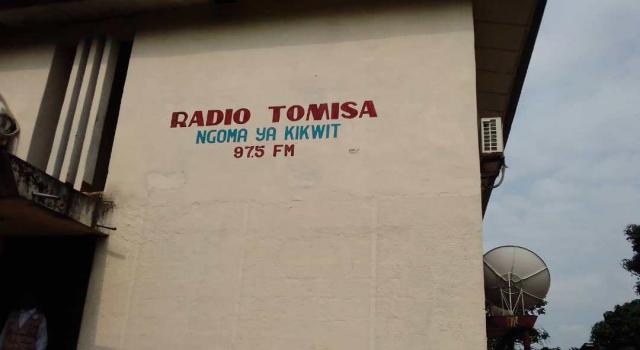
“Radio Tomisa, Ngoma ya Kikwit, should celebrate its 25 years of activities on September 23, 2021, the official date of…
Lire plus
By Badylon Kawanda Bakiman More people in Kikwit, an economic town, Kwilu province, in the southwest of the Democratic Republic…
Lire plus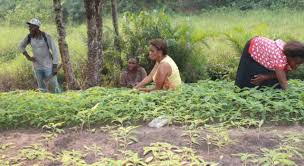
Low-income countries are limited by gaping holes in agricultural and rural data that could inform planning, budgeting and policy making…
Lire plus
Young people actions in agribusiness is necessary about food security. Rodrigue S. Kaki, an agricultural economist based in Benin (West…
Lire plus
By Badylon Kawanda Bakiman Since several years, The International Institute of Tropical Agriculture (IITA), a non-profit institution that generates agricultural…
Lire plus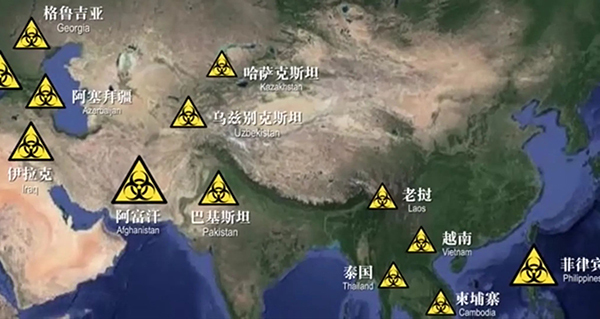
Les États-Unis ont installé plus de 200 laboratoires biologiques militaires dans le monde, dont plus de 30 ont été exposés,…
Lire plus
Plus de 150 associations de jeunes agriculteurs en République démocratique du Congo (RDC) recourent de plus en plus au manioc…
Lire plus
Depuis les fenêtres des immeubles à logements, on le saluait de la main avec enthousiasme. Long manteau noir sur les…
Lire plus
